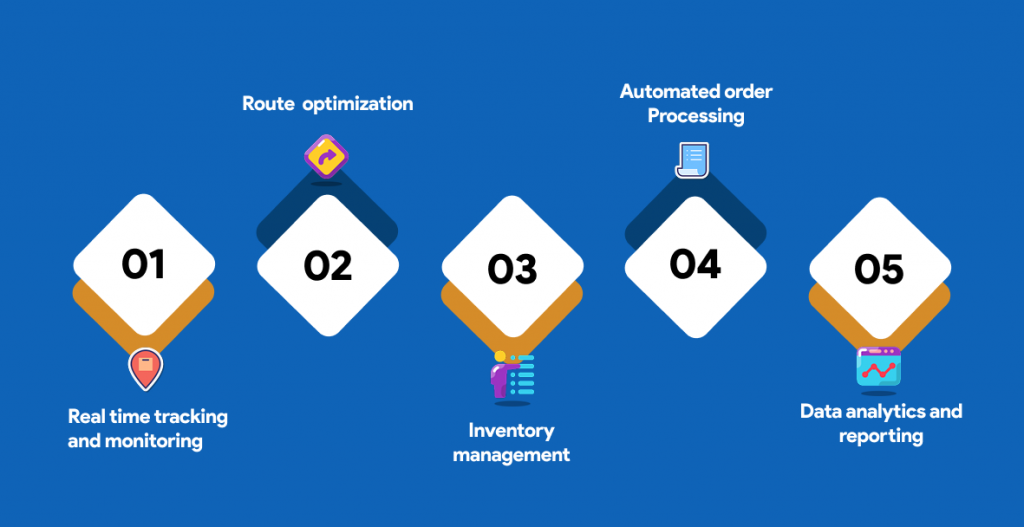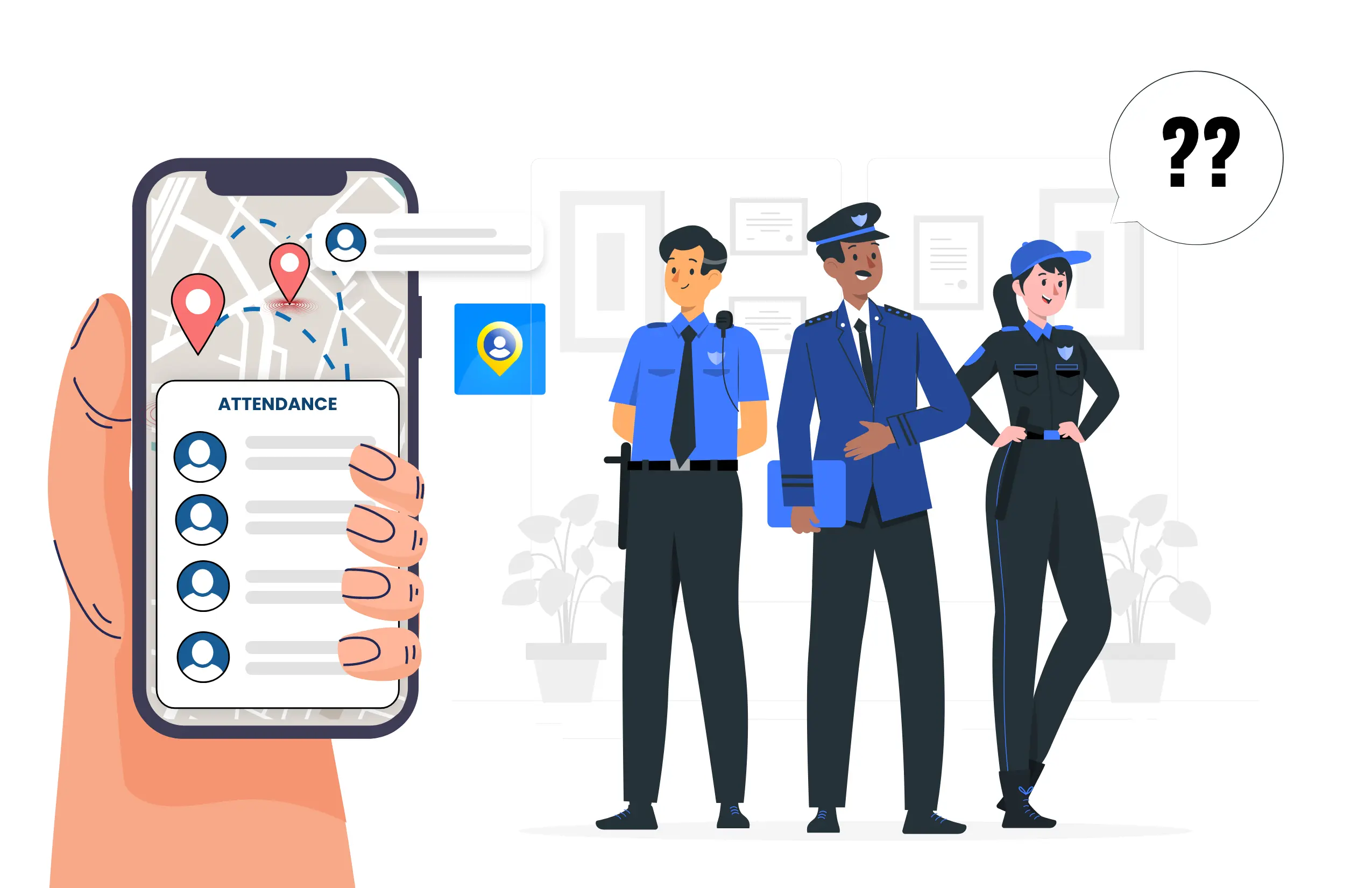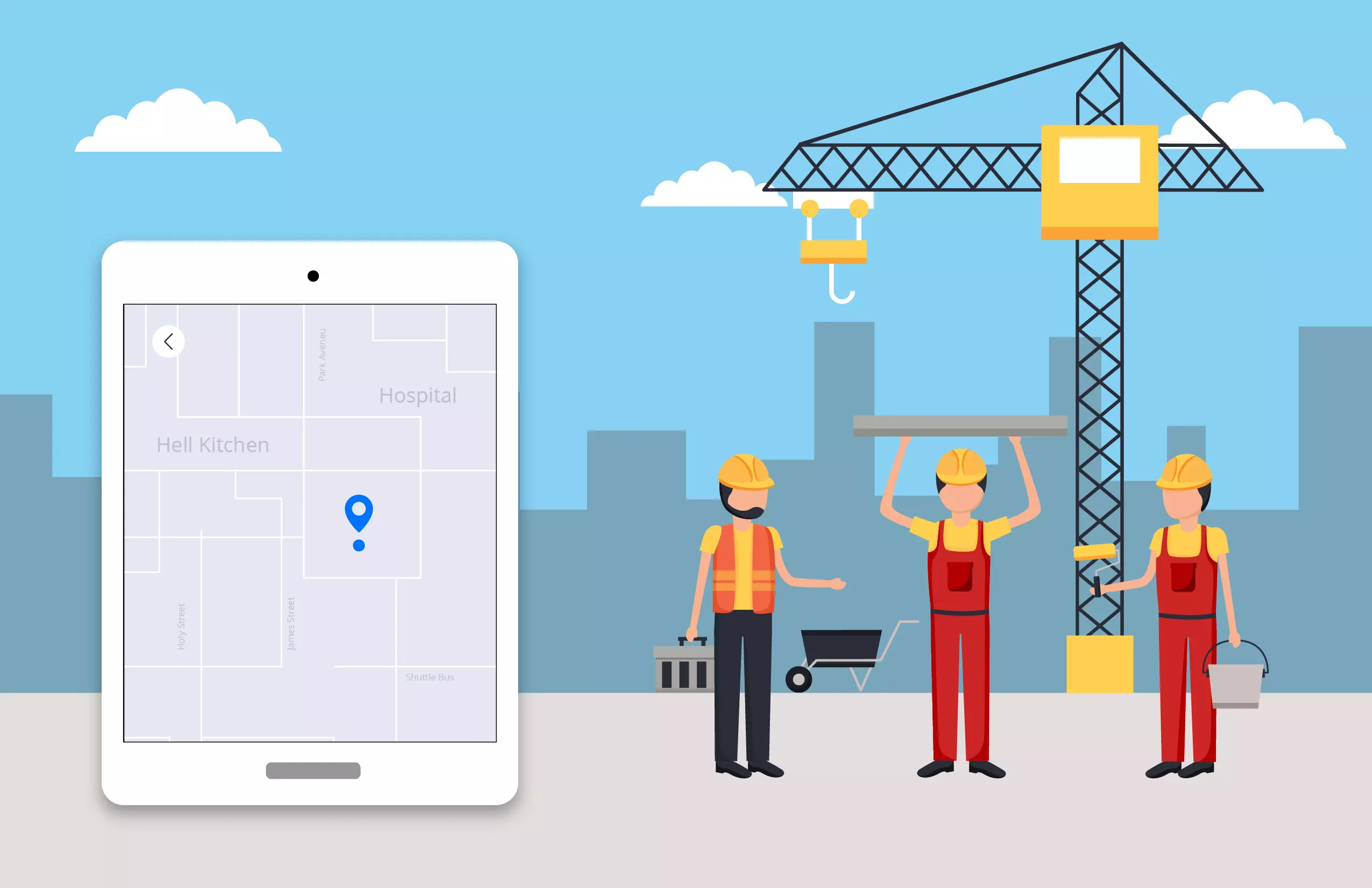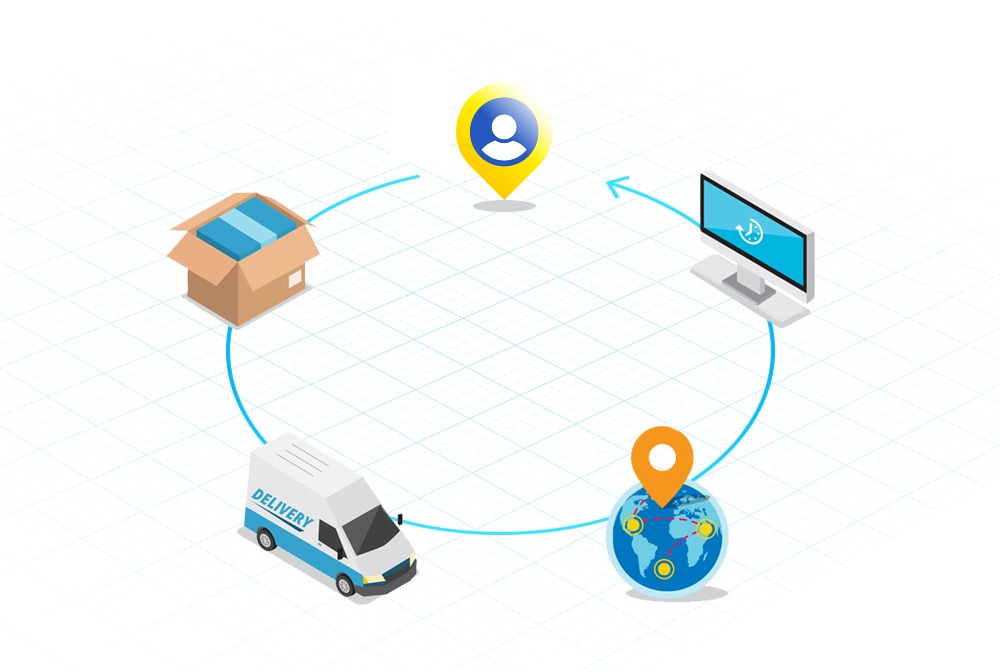
Why Every Operations Manager Needs Real-Time Tracking
Operations managers are the experts behind an organization’s success, handling everything from team and resource management to process optimization and efficiency.
Numerous facets of the production process are monitored and controlled by an operations manager. Operations management is a field of management that focuses on overseeing the complete production process, from input to the final good or service. Streamlining processes and optimizing daily tasks to increase profitability is one of the main responsibilities of an operations manager. Along with identifying areas for improvement, they also assess and improve operational procedures, putting strategies into place to boost efficiency and productivity.
Additionally, to support the overall growth and expansion of the company, operations managers maximize resource use and get rid of waste. Along with facilitating processes, they also lead and mentor the operations staff, creating a productive workplace and guaranteeing alignment with company objectives.
With real-time tracking operation managers can perform better as it plays an essential component of any corporation, the key to achieving operational excellence and propelling corporate expansion.
Now let us see why operation managers need real-time tracking in their field operations:
Table of Contents
✅Improved customer experience
Real-time tracking’s beneficial effects on the customer experience are among the strongest arguments in favor of its integration into delivery operations. In today’s customer-driven industry, an outstanding client experience is essential to fostering brand loyalty and encouraging repeat business.
Transparency and visibility: Customers may see the precise location of their delivery at any time with real-time tracking. This degree of exposure promotes confidence and reduces tension, particularly in cases of urgent delivery.
Precise ETAs: Because real-time tracking provides customers with precise ETA updates, they can schedule their day around their delivery. As a result, waiting is less frustrating, and overall pleasure is increased.
Proactive communication: By using real-time tracking, companies may inform clients in advance of any delays or modifications to the delivery schedule. The client experience can be enhanced and misunderstandings can be avoided with this degree of communication.
✅Increased efficiency in operations
Customers gain from real-time tracking, which is also essential for increasing delivery operations’ efficiency. Businesses are able to make better judgments and streamline their operations by having real-time information on the location and status of deliveries.

Optimal paths: With real-time tracking, companies can keep an eye on delivery routes and make any modifications. To cut down on delays and fuel usage, the system can recommend a different route if a driver comes into unforeseen traffic or a road closure.
Less idle time: Companies can spot and fix any problems that could trigger delays, including extended stops or ineffective routes, with real-time tracking. This guarantees that deliveries are made promptly and effectively and helps cut down on idle time.
Effective resource allocation: Tracking in real-time offers important information about how well drivers and delivery trucks are operating. More efficient resource allocation can be achieved using this data, guaranteeing that the appropriate number of cars and drivers are sent out to satisfy demand.
✅Cost savings
Despite the seemingly high initial cost, real-time tracking technology can result in significant long-term savings. By increasing operational effectiveness and cutting waste, real-time tracking can assist organizations in saving money in a number of ways.
Lower fuel costs: Businesses with large fleets can save a lot of money by eliminating idle time and optimizing routing, which lowers fuel consumption.
Reduced labor costs: Companies can accomplish more deliveries in less time by optimizing delivery processes and cutting down on delays, which lessens the need for overtime and lowers labor expenses.
Reduced theft: Businesses can always keep an eye on the whereabouts of their supplies and vehicles with real-time tracking, which adds an extra degree of protection. This can lower the related expenditures and assist avoid theft or loss.
✅Improved decision-making and responsibility
Businesses are able to hold people accountable for their performance and make better decisions by using the abundance of data that real-time tracking gives them. This data-driven strategy can enhance the operation’s overall effectiveness and yield better results.
Performance monitoring: Real-time tracking enables companies to keep an eye on the performance of their delivery trucks and drivers. This enables them to recognize any problems or potential areas for development and implement the necessary fixes.

Data-driven decisions: via route planning to workforce numbers, smart decisions can be made using the data gathered via real-time tracking. This can lower expenses and help firms run more efficiently.
Accountability: Drivers and other employees are held responsible for their conduct with real-time tracking. For example, if a vehicle takes an unapproved route, causing a delivery to be delayed, the company may resolve the issue and keep it from happening again.
✅Enhanced compliance and security
Companies engaged in delivery operations, especially those handling sensitive or expensive commodities, have serious security and compliance considerations. Real-time tracking helps guarantee adherence to industry requirements and adds an extra degree of security.
Prevention of theft: By enabling businesses to constantly follow the whereabouts of their cars and merchandise, real-time tracking facilitates the detection and prevention of theft. If a theft occurs, the tracking system can give law enforcement important information to help them find the stolen items.
| Also read: 5 best sales representative tracking apps |
Regulatory compliance: A lot of sectors have stringent rules about tracking and monitoring deliveries, especially when it comes to consumable goods or dangerous chemicals. By offering comprehensive records of delivery routes, times, and circumstances, real-time tracking assists companies in adhering to these rules.
Temperature monitoring: Real-time tracking systems frequently have temperature monitoring capabilities for companies that deliver perishable items. Preventing spoiling and guaranteeing that commodities are delivered in the proper conditions, lowers waste and related expenses.
Level up your field business with Lystloc
A crucial responsibility of an operations manager is to create a compelling vision that complements the strategic goals of the company. Additionally, their teams are guided by this vision, which motivates them to strive toward shared objectives. To streamline better field operations, switch to Lystloc real-time field employee monitoring software for better optimization in your field operations. In addition, you can get real-time attendance of your field employees with the accurate route and distance traveled.
Also, operations managers can emphasize good communication and guidance to make sure that all team members are on the right track. Lystloc helps operations managers create an environment that encourages productivity and collaboration by cultivating a feeling of clarity and alignment.
For companies hoping to maintain their competitiveness and provide outstanding customer service, real-time tracking will continue to be an essential tool as the operation develops.
Attend your free demo to know how Lystloc performs with real-time tracking!






























